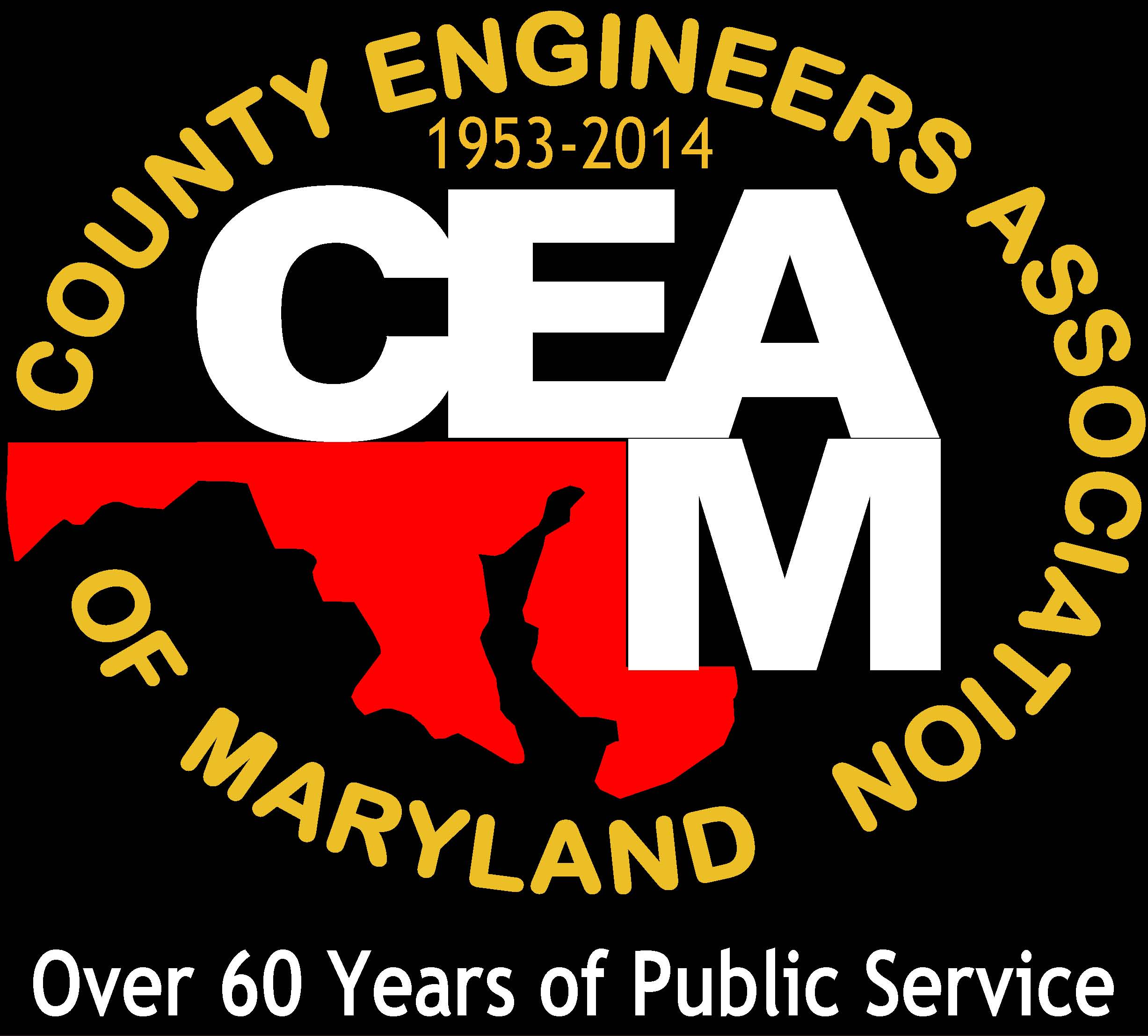Catchin' Up With...
Get to know your fellow CEAM Members!
In this feature, CEAM hopes to spend a few minutes "catchin' up with" members from all over the State. This will be a great way to get to know your fellow CEAM members.
For previous "Catchin' Up With..." features, please visit the Archives page.
This week we feature:
W. Scott Flanigan, CEAM Board of Directors Member (Added December 7, 2012)
- CEAM: Please tell us your name, city, company, & current job title.
- WSF: Scott Flanigan, Director of Public Works, Cecil County, Maryland
- CEAM: Tell us about your professional background (description of current position, previous jobs, schooling, etc.)
- WSF: I have been the Director of Public Works for Cecil County for seven years now, i.e. since October 2005. Prior to that I spent over 21 years on active duty in the Army as an Engineer officer. I spent eight of those years stationed overseas, including two assignments in Germany and one in Japan. I retired from the Army in October 2005 and have been here in Cecil County since. As the Director of Public Works, I oversee the operations of the five divisions in the Cecil County Department of Public Works (Roads; Wastewater; Solid Waste Management; Engineering & Construction; Development Services) and serve as the principal engineering and public works advisor to the Board of County Commissioners and the County Administrator.
- CEAM: What do you think is the biggest issue facing the civil engineer in the private sector? Public sector?
- WSF: I can only speak from the public sector perspective. From where I sit, I think the biggest issue facing civil engineers in the public sector is to convince our elected officials and, by extension, the public that we as a nation need to invest more resources in infrastructure or bad things are going to continue to happen and get worse with time. I look at the American Society of Civil Engineers' Report Card for America's Infrastructure with it's "Infrastructure GPA" of D and think that I certainly wouldn't accept a report card like that from my kids, and I don't think that we as a nation should accept that for our infrastructure. A recent article in the magazine "The Economist" reported that the World Economic Forum ranks the United States 23rd overall in the world for infrastructure quality, behind Spain and Chile. That same report says that the US is currently spending 2.4% of our Gross Domestic Product on infrastructure while Europe invests 5% and China 9%. How can we expect to remain competitive in the world marketplace with numbers like that? As civil engineers, I think we owe it to the public we serve to continue to "sound the alarm" and to push for solutions.
- CEAM: What is your involvement with CEAM?
- WSF: I am currently serving my second term as a member of the Board of Directors.
- CEAM: Tell us one thing you'd like to see from CEAM to make your membership more rewarding.
- WSF: With the implementation of continuing education requirements for Maryland professional engineers, CEAM can add value to its membership by sponsoring training at conferences and other venues to help CEAM members meet those requirements. I'm glad to see that CEAM is doing that.
- CEAM: If you could offer advice to a student currently going through engineering school, what would you say?
- WSF: I would emphasize to them the importance of communications skills, both verbal and written. The engineer stereotype, of course, is someone who is very good at math and science but whose communications skills are not the best. When I look around the Cecil County Department of Public Works, our engineers spend at least as much time writing reports, preparing correspondence, giving oral presentations to citizen groups or the County Commissioners, etc. as they do "crunching numbers." I think it's absolutely critical that engineers learn to write well and to make presentations. I think engineering schools have heard this enough from industry that they are incorporating such requirements into their curriculums but the students need to take it to heart.
- CEAM: Outside of work, what are your hobbies/passions?
- WSF: With two kids in high school, my wife and I spent most of our free time (or so it seems!) transporting them to and from various school and sporting events. When time allows, I like to ski and travel.
- CEAM: What are your plans for retirement?
- WSF: While I retired from the Army in 2005, I've got two kids in high school with college tuitions looming in the not-too-distant future. Bottom line: I've got a lot of years of work (at least I hope!) in front of me before I even think about retirement. Whether it's here in Cecil County or somewhere else, I expect to be working for many years to come.
